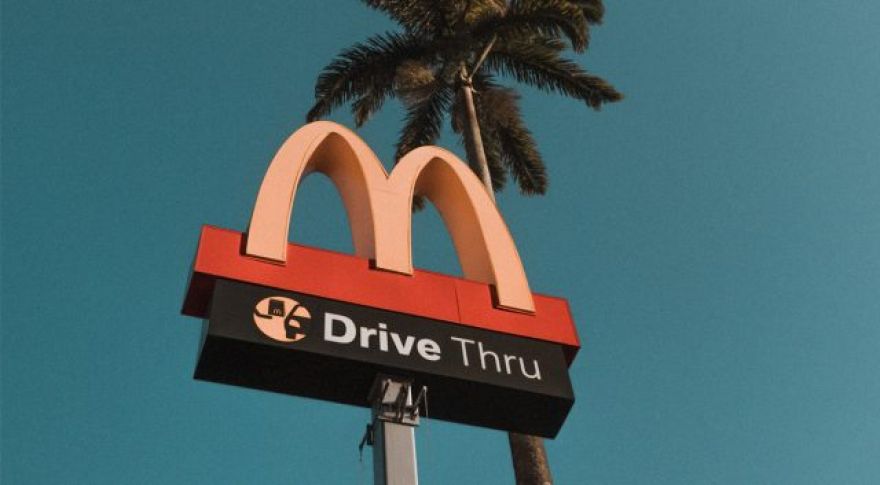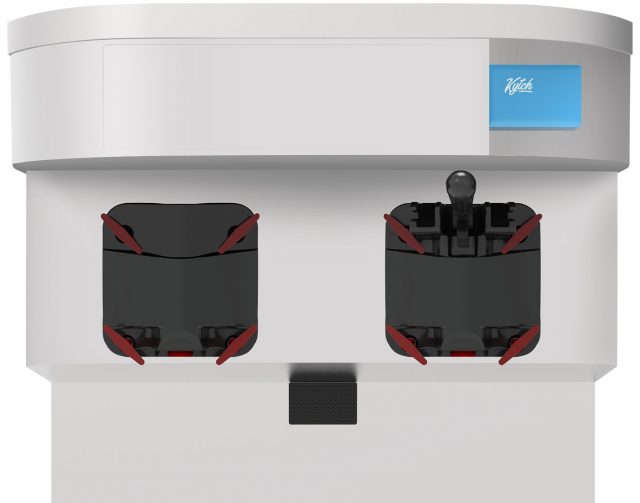
Kytch Tried to Fix McDonald’s Busted Ice Cream Machines, Now It’s Suing the Chain for $900 Million
Anyone who has ever been to a McDonald’s knows that asking for ice cream is a recipe for disappointment. The restaurant’s soft serve machines are so notoriously finicky that it’s become a meme, and there’s even a . A startup called Kytch hoped to fix this nationwide nightmare with a small internet-connected device that plugged into the machines. Now, Kytch is suing McDonald’s for $900 million after it told franchise owners to remove the devices.
At any given moment, about 10 percent of all McDonald’s ice cream machines in the US are broken. That number is higher in some markets like Seattle (about one-third) and New York (a quarter).
The McDonald’s mothership stepped in with a November 2020 email to franchise owners, telling them to remove the Kytch devices. In the message, McDonald’s alleged that Kytch was intercepting the company’s “confidential information.” Yes, confidential ice cream information. More seriously, McDonald’s claimed that the Kytch module could cause injury. Kytch believes these claims are “false and defamatory,” and that’s why it filed the lawsuit. It says McDonald’s claims of safety concerns are just a smokescreen for anti-competitive practices. However, the McDonald’s franchise agreement gives the company a lot of say in how its restaurants are run.

McDonald’s has held firm that its concern is merely a question of safety. It requires all hardware to be thoroughly vetted before making its way into restaurants, but Kytch says its product was certified to meet Underwriter’s Laboratory and Intertek standards, both of which are standard in the industry. Kytch also says that McDonald’s told other restaurant chains like Burger King to avoid its product, and that Taylor worked with a franchise owner to obtain and reverse-engineer one of its devices. McDonald’s is testing a new Taylor machine in some locations with similar features to the Kytch add-on.
Any fight with a company this size will be a long one, but Kytch believes it will find a nefarious purpose behind the safety claims. Regardless of the outcome, it’s probably not going to get $900 million.
Now Read: